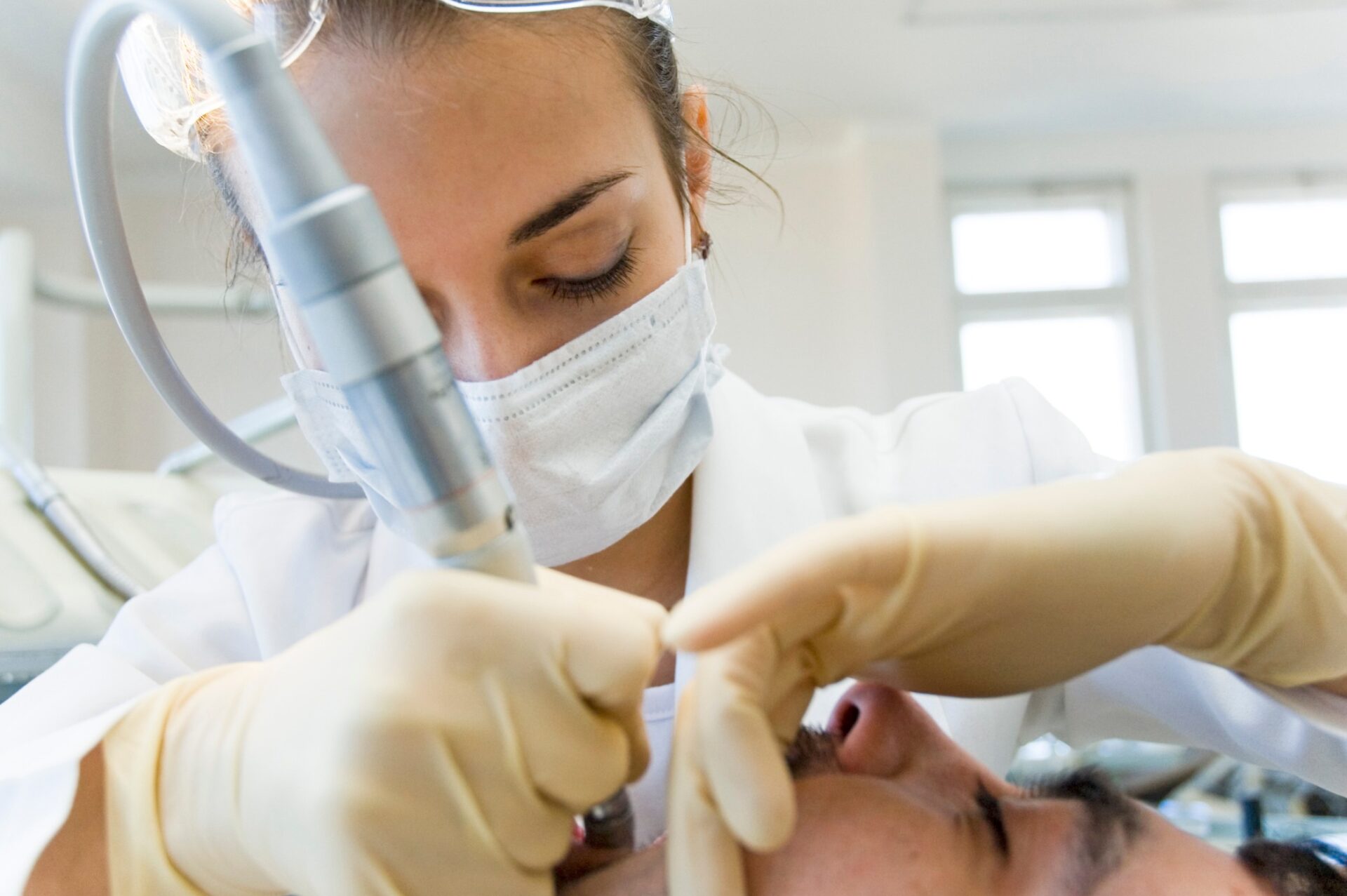
Did you know that in the United States alone, more than 90% of people have cavities? Cavities, like other dental disorders, can be quite unpleasant to remedy. As a result, dental sedation is available. What should I expect if I need to be sedated by a dentist near me? you might be asking yourself. Is anesthesia for dental work even safe? What can I expect when I awaken from the procedure?
Anxiety is a common issue that prevents many individuals from seeking necessary dental care. Fortunately, dental sedation has emerged as a valuable solution to alleviate fear and discomfort during dental procedures.
To begin, it is necessary to first define sedation in the context of dentistry. First, it’s essential to research the various types of sedation that are utilized, such as nitrous oxide and even full anesthesia. Being familiar with these methods can help patients who are afraid of visiting the dentist in SW Calgary.
Understanding Dental Sedation:
Dental sedation involves the use of medication to help patients relax during dental procedures. The most common types include: nitrous oxide (laughing gas), oral sedation, and iIntravenous (IV) sedation.
Each method coincides with a degree or level of sedation. The different levels are: minimal, moderate, deep sedation, and general anesthesia.
Benefits of Dental Sedation:
- Reduced anxiety and enhanced comfort
- Enhanced cooperation
- Pain management
Candidates for Dental Sedation:
If you meet any of the following criteria, you may be an ideal candidate for sedation dentistry in SW Calgary. Your dentist will let you know prior to receiving any form of treatment.
- Dental anxiety or fear
- Complex/ lengthy procedures
- Gag reflex issues
- Have a hard time sitting still
- Special needs
The Dental Sedation Process:
- Preparation – Discussing medical history and potential risks with the patient to ensure they understand the steps involved.
- Administration – The chosen sedative is administered through inhalation, oral intake, or intravenously.
- Monitoring – Continuous monitoring your vital signs during the procedure.
Considerations and Risks:
Every medical and dental treatment is associated with certain risk factors. As a result, some patients may not be a suitable candidate for sedation. If this is the case, your dentist will talk and work with you to identify an alternative that is equally effective.
Some factors to be aware of are your personal medical history, and that some adverse side effects, such as nausea, dizziness, and temporary memory loss may occur. Based on these things, your dentist will provide you with customized recommendations for aftercare and recovery to ensure that your smile gets back to normal.
Costs and Insurance Coverage:
The cost of dental sedation and whether your insurance covers this treatment are two of the most important factors to keep in mind. Check with your insurance provider to see if you have coverage before you go ahead with anything. If you don’t have coverage, your dentist can help you arrange a payment plan.
Choosing the Right Dental Sedation Option:
When it comes to making the best choice for you and your oral health, be sure to book a preliminary consultation with your dentist so you can voice any fears, needs, and preferences you have, as well as informing them of your medical background. Based on this information, your dentist will be able to recommend the most appropriate sedation option
Learn More About Oral Health Sedation at Beyond Dental
So, if you’ve been wondering whether sedation dentistry is a viable option for you or a family member, you’re in luck. You can be considerably more comfortable and peaceful the next time you have to attend a dental visit because of sedation dentistry near you.
Dental sedation is a valuable tool for overcoming dental anxiety and facilitating advanced procedures. Understanding the different types, benefits, and considerations associated with dental sedation can empower individuals to make informed decisions about their oral health. If dental fear has been a barrier to your oral care, discussing sedation options with your dentist could be a crucial step towards a healthier, more confident smile.
